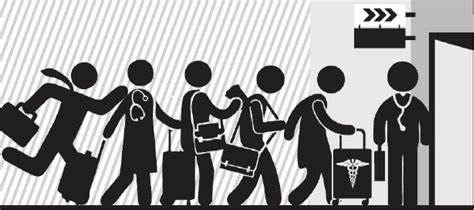
At airports across the country, the scene has become familiar: white coats tucked into suitcases, stethoscopes looped around necks, hopeful faces heading for flights abroad. Nigeria’s doctors and nurses continue to leave in search of better opportunities, fair pay, and safer working conditions. It is a quiet exodus, and though understandable, it leaves a deep ache behind.
Hospitals run short-staffed. Rural clinics operate on goodwill and endurance. Patients travel farther for care, often waiting hours for what should take minutes. Yet behind this national challenge lies an important truth: health must belong to everyone, not only to those in hospitals.
As our medical professionals move on, many Nigerians are rediscovering the broader idea of care—one that includes preventive, traditional, and community-based approaches. This is not about replacing doctors; it is about strengthening the foundation of well-being through collaboration and education.
We see this shift every day. Teachers, midwives, civil servants, retirees etc., all walk through our doors seeking to understand natural methods that complement modern medicine. They learn how herbs support recovery, how massage aids circulation, how mindfulness steadies the nervous system, and how balanced nutrition prevents disease. They are not leaving the healthcare system; they are reinforcing it from the ground up.
What the exodus of doctors has shown us is that health cannot depend solely on institutions. It must also live in homes, families, and communities. When people understand how to care for themselves and each other, the nation becomes more resilient. Our goal is not to fill the shoes of doctors, but to walk alongside them, bringing a broader understanding of healing that combines science, compassion, and common sense.
Nigeria’s future in healthcare will require both the precision of medicine and the wisdom of wellness. Each has a place. One diagnoses, the other restores. Together, they can build a healthier society—one where fewer people fall through the cracks, and where every citizen has access to knowledge that sustains life.
Cyrillic College remains committed to that vision: to train practitioners, educators, and community health advocates who will stay, serve, and heal right here at home. The answer to migration is not anger or despair, it is preparation, empowerment, and a return to values that place care above all else.
In the end, the story of our nation’s health is not about who left, but about who stayed to rebuild.
